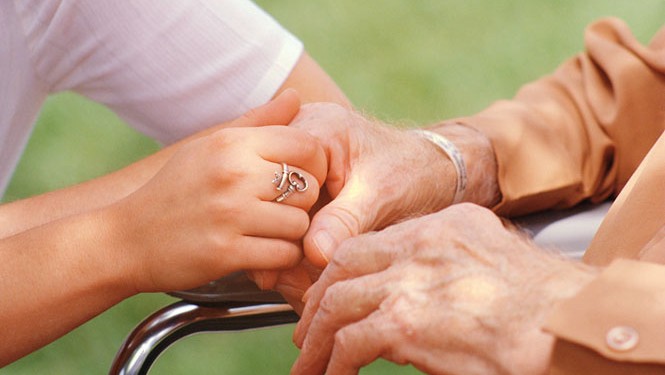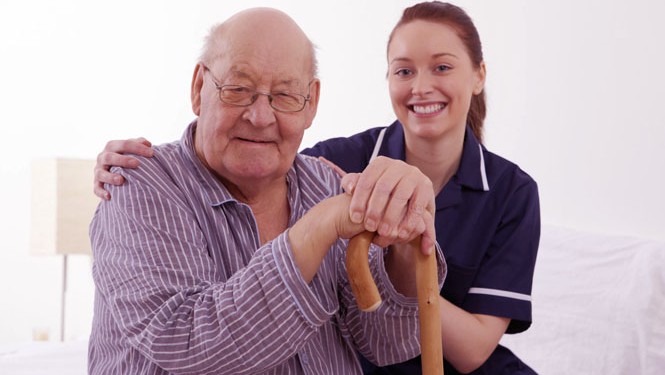Many families worry about care for the senior when they are up and awake during the day but may not fully realize that the overnight period can present some serious concerns and risks for seniors. We think of senior sleeping through the night and staying in bed but that is often not the case. There are often situations where a senior may require senior care support on an overnight basis. The overnight period often presents challenges to some seniors who are suffering from temporary or ongoing physical or cognitive problems. Many seniors have to go to the bathroom multiple times or just get up and walk through the house during the night but even for a senior with reasonably good health a combination of their age and health along with the dark and also their possible semi-awake state often causes falls which of course can be quite dangerous. When you also consider that many seniors suffer from some significant physical or cognitive challenges this just adds to the risk factor.
Most often seniors get out of bed multiple times at night to go to the bathroom and fall and hurt themselves, sometimes seriously. The route to the bathroom and in the bathroom are the most common areas for seniors to trip or slip and fall and when it is dark that can be a significant issue. This why overnight care can be very important.
When considering overnight senior care support for your loved one perhaps you want to ask yourself some of the following questions:
1. Is the senior just home from the hospital and not at full strength yet and requires some assistance overnight going to the bathroom?
2. Is the senior just uncomfortable being alone at night for one of a number of reasons?
3. Does the senior have difficulty walking well when trying to go to the bathroom at night?
4. Does the senior have diagnosed or undiagnosed dementia and become confused and become afraid as to where they are?
5. Does the senior have dementia with short-term memory loss and become disoriented and afraid?
6. Is the senior, due to medical conditions, confined to bed most or all of the time.
7. Is the senior sleep disrupted to the extent where they seriously disrupt the sleep of their spouse who may
be the primary caregiver?
8. Does the senior have dementia and at risk of wandering and risking their safety?
9. Does the senior wander at night?
&
When evaluating overnight care options for your loved one you should be aware of and consider the following factors.
1. Try to determine if care is for a short-term period related to a temporary requirement by the senior or if
it is either of a longer-term nature or if the period of care is unknown.
2. Determine how well the senior sleeps at night because if he or she is very sleep disrupted it makes care
at home much more demanding as the caregiver cannot sleep well or at all during the night
3. What specific types of support does the senior require overnight. Increased complexity of needs may
require a caregiver with specific training and skills.
4. How able are family members to assist the senior during the night. Consider the time commitment, potential
lack of sleep involved, skills to provide care, etc.


